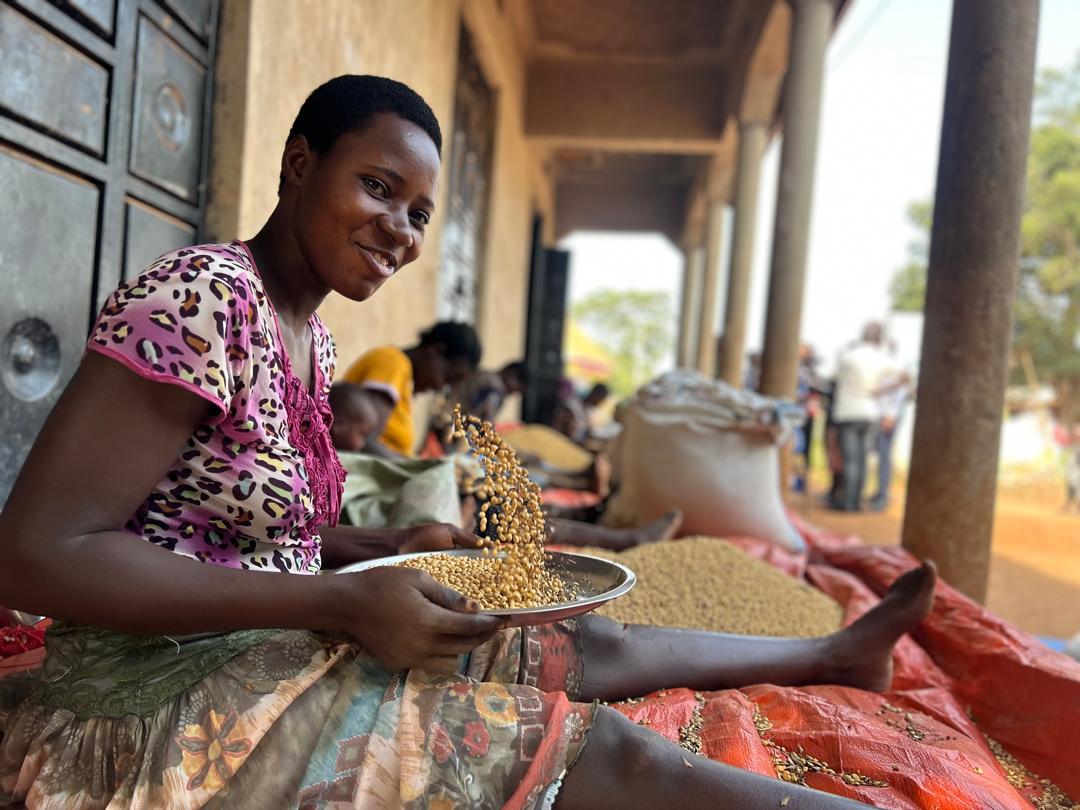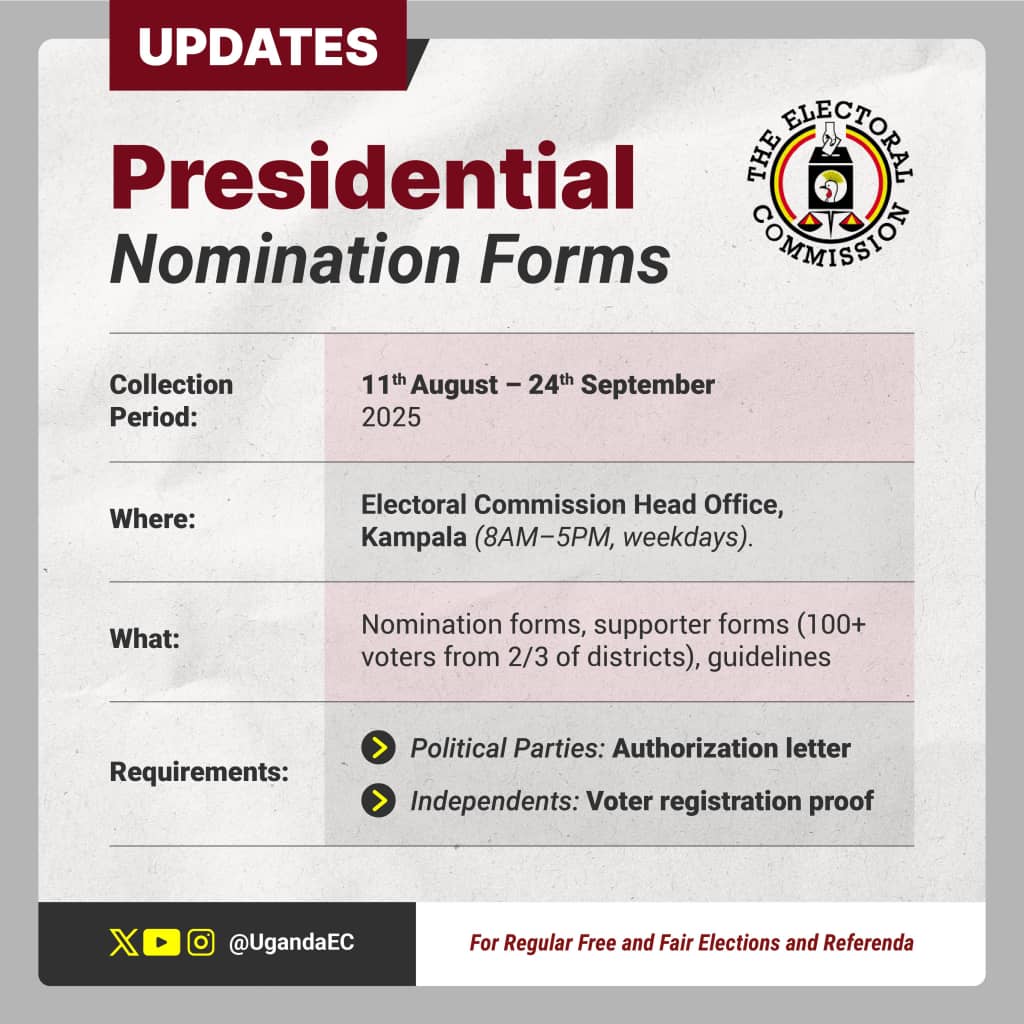In a pointed address to party members and electoral candidates, senior figures in Uganda’s ruling National Resistance Movement (NRM) have issued a stark warning against growing indiscipline, internal sabotage, and personal egos threatening the cohesion and legacy of the party.
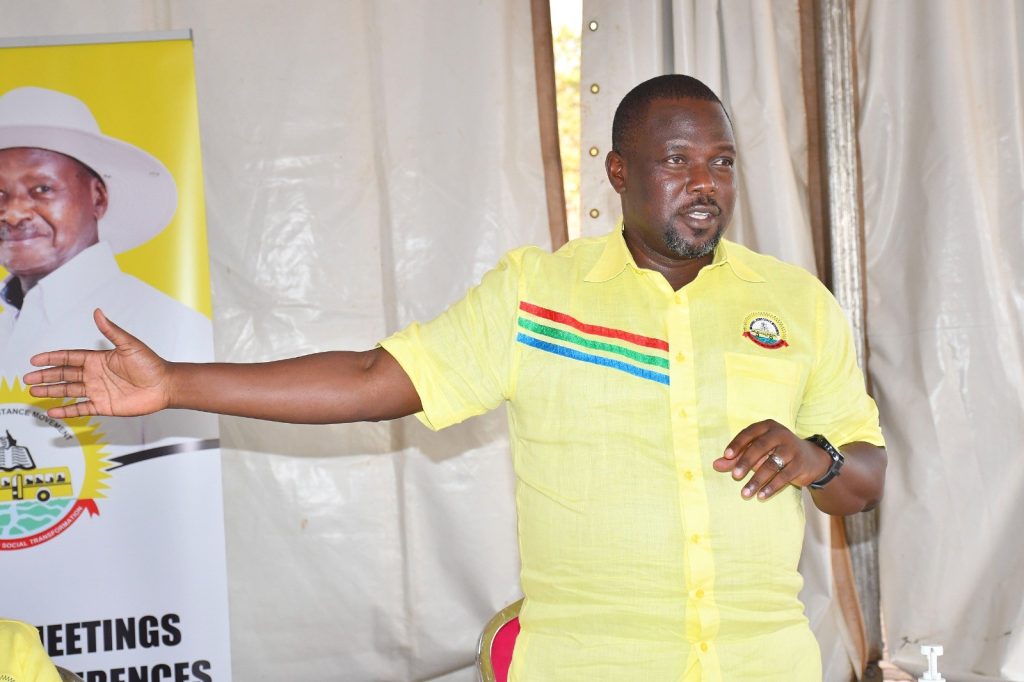
Speaking during a vetting session for candidates vying for positions on the NRM’s Central Executive Committee (CEC), NRM Secretary General Richard Todwong did not mince words.
He cautioned that the very survival of the movement, Africa’s longest-ruling political force, may be at risk if internal competition descends into personal feuds and political gamesmanship.
He was addressing candidates vying for CEC positions, following clashes and personal attacks among some candidates ahead the party’s national conference scheduled for August 27-28, 2025.
Over 2000 delegates are expected to converge at Kololo Ceremonial Grounds for the showdown.
“Our biggest problem is internal, not external,” Todwong declared. “We have no opposition in Uganda that can match NRM in substance and form. The real threat is ourselves.”
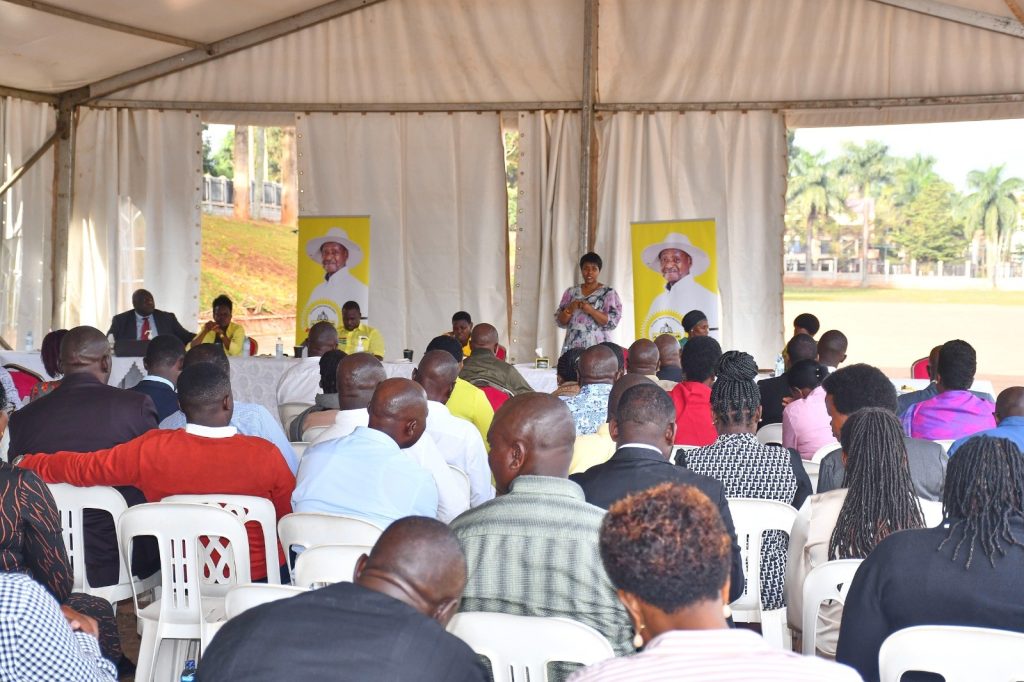
He criticized some candidates for using misinformation, social media smear campaigns, and divisive tactics in their bid for party positions, arguing such behavior not only violates the NRM Constitution but erodes public trust.
A call for discipline, unity
Echoing this sentiment, NRM’s First National Vice Chairperson, Hajj Moses Kigongo, delivered a passionate appeal for discipline and self-respect among the party’s leadership.
“How can someone buy you like groundnuts?” Kigongo asked rhetorically, drawing murmurs from the crowd. “You must respect yourself. You are on a different level now. People are watching you.”
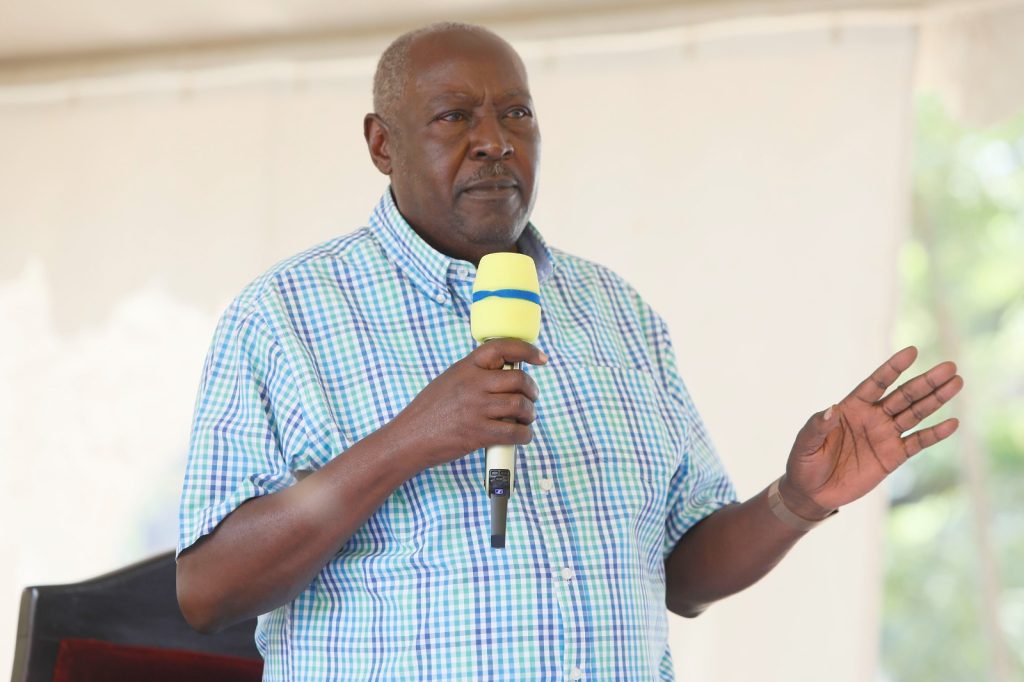
The CEC, the top decision-making body of the NRM, is in the process of vetting candidates ahead of a major party conference. But rather than a routine procedural event, the process has become a flashpoint for questions about the party’s integrity and future direction.
Todwong outlined the strict guidelines set by the party’s constitution, insisting all candidates must be vetted thoroughly and fairly, without favoritism or manipulation.
He stressed that even President Yoweri Museveni, the NRM’s long-time chairman, submitted himself to the nomination process personally, setting what Todwong described as “a gold standard of party discipline.”
“If the National Chairman can follow the rules, who are we not to?” Todwong asked.
The Secretary General warned that personal ambition, if unchecked, could destroy the very institution many had sacrificed their lives to build. He likened the NRM to a spiritual movement, a sacred trust handed down by past generations and meant to serve future ones.
“You should not be the people who will bring down this party during your time,” he said. “If it means you not being a leader, let others be, for the sake of the organization.”
The statements come at a time when the NRM is engaged in an intensive internal election process, with tens of thousands of candidates vying for local and national positions. According to Todwong, over 3,000 candidates have expressed interest in fewer than 600 parliamentary seats alone.
While the party boasts an unmatched grassroots presence across Uganda’s 72,000 villages, both Todwong and Kigongo emphasized that numerical dominance means little if discipline, loyalty, and integrity are sacrificed for short-term gain.
One of the more urgent concerns raised at the meeting was the growing use of social media to leak internal discussions, attack fellow party members, and stir confusion in the public.
“Never be a source of rumor-mongering,” Todwong warned. “Never engage in corrupt practices. Don’t misuse party or public resources. This isn’t just about politics, it’s about character.”
Al-Hajj Moses Kigongo, the party’s first national vice chairperson, urged leaders to return to the party’s founding values of service and sacrifice.
He reminded candidates that their behavior sets the tone not just for campaigns, but for how the party is perceived nationally and internationally.
“When you use NRM power to antagonize others, you are not leading, you are destroying,” Kigongo said.
He also mocked political opportunism, reminding members that the movement’s resilience lies in its consistency, not in cheap popularity or opportunistic alliances.
Uganda’s NRM is not alone in facing internal divisions within a dominant party structure. Across the continent, from South Africa’s ANC to Ethiopia’s Prosperity Party, ruling parties are contending with factionalism, youth disillusionment, and the pressures of generational change.
The NRM’s call to discipline resonates beyond Uganda’s borders as an example of the perils of complacency and internal erosion.
As the NRM prepares for its national conference and CEC elections, the message from the top is clear: the integrity of the party starts with the behavior of its members.










